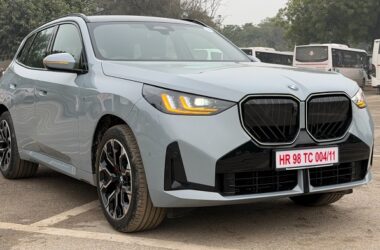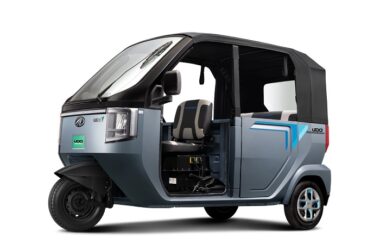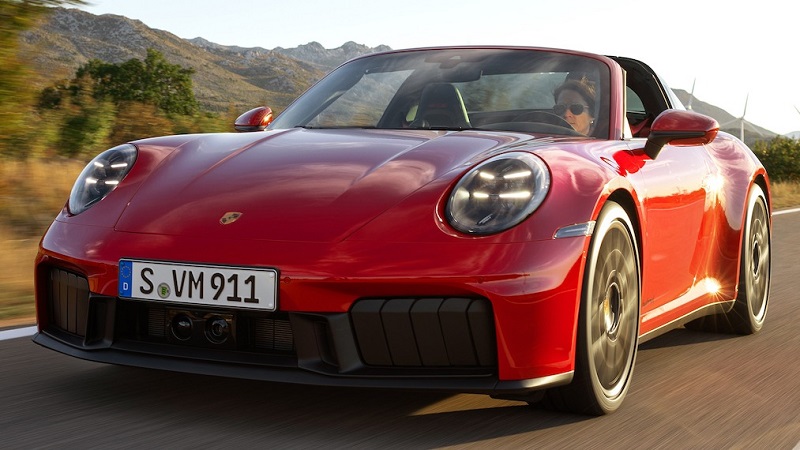Porsche India has officially begun accepting bookings for the latest 911 Carrera and 911 Carrera 4 GTS, following their much-anticipated global premiere.
Pricing:
- 911 Carrera: Starting from INR 19,899,000 (ex-showroom)
- 911 Carrera 4 GTS: Starting from INR 27,542,000 (ex-showroom)
Deliveries for the 911 Carrera are set to commence by the end of this year.
The new 911 Carrera GTS models showcase advanced hybrid technology, a product of Porsche’s extensive experience in motor racing. “We developed and tested a wide variety of ideas and approaches to arrive at the hybrid system that would suit the 911 perfectly. The result is a unique drive that fits into the overall concept of the 911 and significantly enhances its performance,” stated Frank Moser, Vice President of Model Lines 911 and 718.
At the heart of the T-Hybrid drive is a newly developed 3.6-litre boxer engine. The high-voltage system enables the air-conditioning compressor to operate electrically, eliminating the need for a belt drive and making the engine more compact. This compactness allows for the inclusion of the pulse inverter and DC-DC converter above the power unit. An enlarged bore of 97 mm and an increased stroke of 81 mm have boosted the displacement by 0.6 litres compared to its predecessor. The engine features VarioCam camshaft control and a valve control with rocker arms, maintaining an ideal fuel-air mixture ratio (lambda = 1) throughout.
The 911 Carrera retains its signature 3.0-litre boxer engine with twin turbocharging, now comprehensively revamped. It has adopted the intercooler from the Turbo models, positioned directly under the rear lid grille, above the engine. The turbochargers, previously reserved for the GTS models in its predecessor, are now standard in the new 911 Carrera. These enhancements result in lower emissions and a power increase to 290 kW (394 PS), with a maximum torque of 450 Nm. The new 911 Carrera Coupé accelerates from 0 to 100 km/h in 4.1 seconds (3.9 seconds with the Sport Chrono package) and reaches a top speed of 294 km/h. This marks an improvement of 0.1 seconds and 1 km/h over its predecessor.








